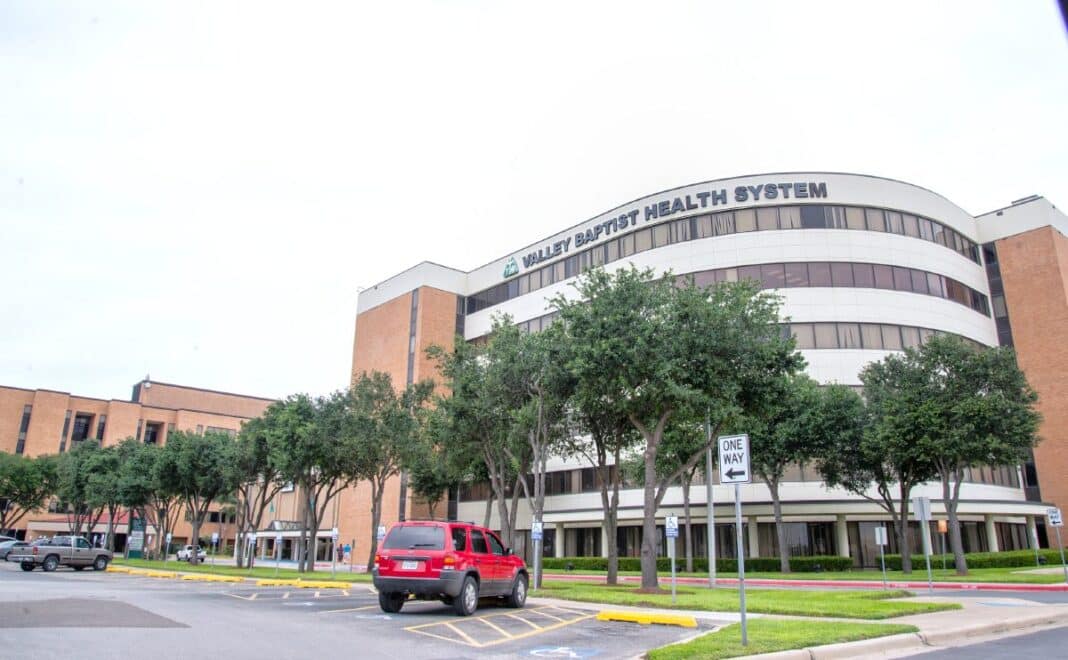For more than 70 years, the month of May has served as Mental Health Awareness Month, bringing with it increased awareness of behavioral health issues and how good mental health is important to quality of life.
Anthony Manuel, MSN, RN, and Director of Valley Baptist Medical Center-Harlingen’s Geriatric Behavioral Health Unit, said awareness can play a key role in providing support to those who may be struggling with mental health issues.
“Mental illness doesn’t discriminate. It affects people of all ages, races and walks of life. That being said, mental illness may directly impact someone we know such as a family member or friend suffering from depression, anxiety or an adjustment disorder or it might be something we’ve had to face in our own lives. That’s why awareness is important so that the burden of mental illness can be reduced and the stigma eliminated,” Manuel said. “If individuals aren’t aware that they have a mental illness or are afraid to bring it up, it can produce unfavorable outcomes if left untreated.”
Opened in early 2018, Valley Baptist-Harlingen’s 12-bed Geriatric Behavioral Health Unit is equipped and staffed to specifically match the needs of older adults. The unit is designed primarily for older adults who are experiencing emotional, behavioral or mental health issues ranging from depression to changes in sleeping patterns or insomnia. Patients receive comprehensive behavioral health care from a team that includes a wide array of specialists from psychiatrists to physical, occupational and speech therapists.
Becky Tresnicky, MSW, LCSW, and Director of Behavioral Health Services and Performance Excellence at Valley Baptist-Brownsville, said that although there is an unnecessary stigma surrounding mental health, there are services available to the community for issues that are commonly and unfortunately left untreated.
“Mental illness impacts many families, with major depression being a leading cause of disability throughout the country,” she said. “Yet many people in the Valley don’t receive treatment because of stigma, misunderstanding, and lack of access to care.”
While health officials have hopes that the COVID-19 pandemic is entering its late stages, Tresnicky said the pandemic and its associated grief and stress make it more important now than ever to pay close attention to caring for mental health.
“Fear and anxiety about any disease can be overwhelming and cause strong emotions in all of us. With COVID-19, we are dealing with a lot of uncertainty. Our normally structured and safe living environments have been turned upside down, which can lead us to feel powerless and vulnerable,” she said. “We become victims and feel powerless over everyday events. But being able to cope with the fear and stress puts us back in control of things. It is important to take care of your basic needs and engage in healthy coping strategies.”
While Mental Health Awareness Month plays a vital role in drawing attention to mental health issues, Tresnicky said it is important for families and loved ones to support those suffering from mental illness and encourage them to seek treatment.
“Mental health affects about a third of the adult population to some extent, either with depression and anxiety substance use disorder or psychosis,” she said. “The long-term benefits of having good mental health can affect not only the patient, but also their families, work colleagues, classmates. A patient’s physical health issues can often improve just by taking care of their mental health issues alone.”
For more information on behavioral health services offered at Valley Baptist, visit https://www.valleybaptist.net/services/psychiatry.





